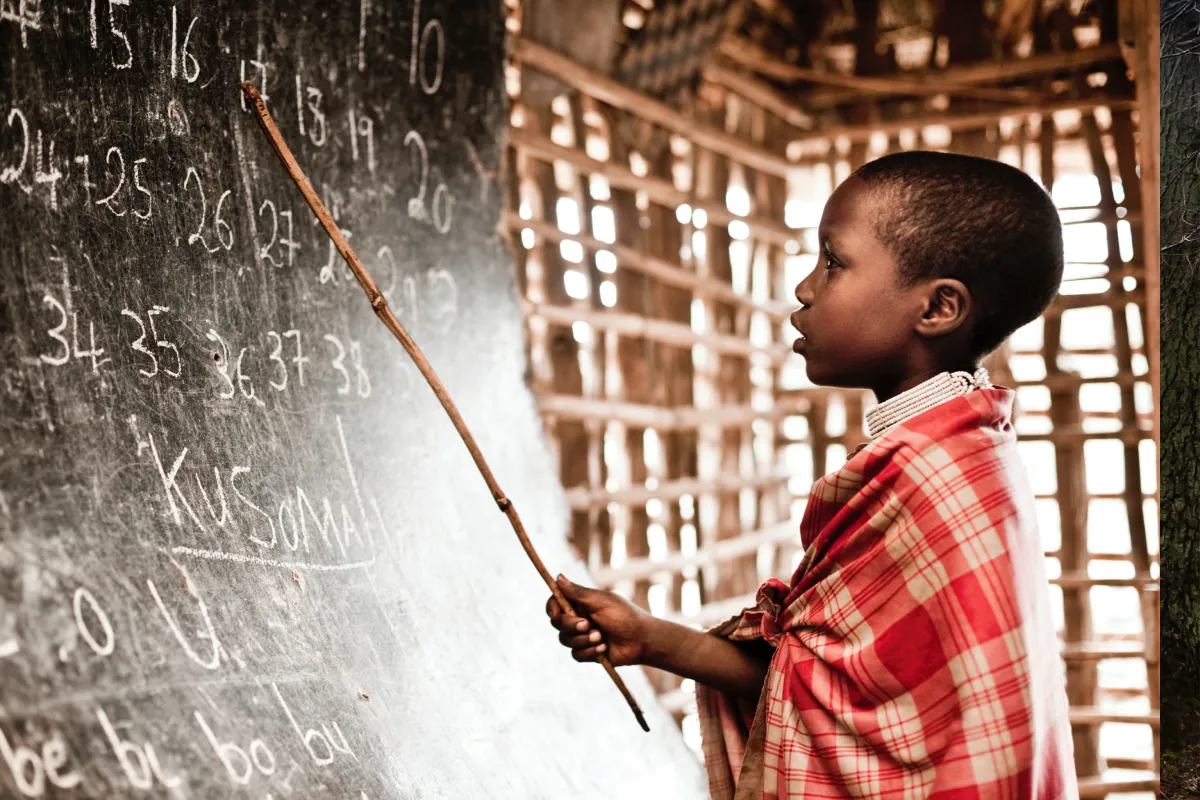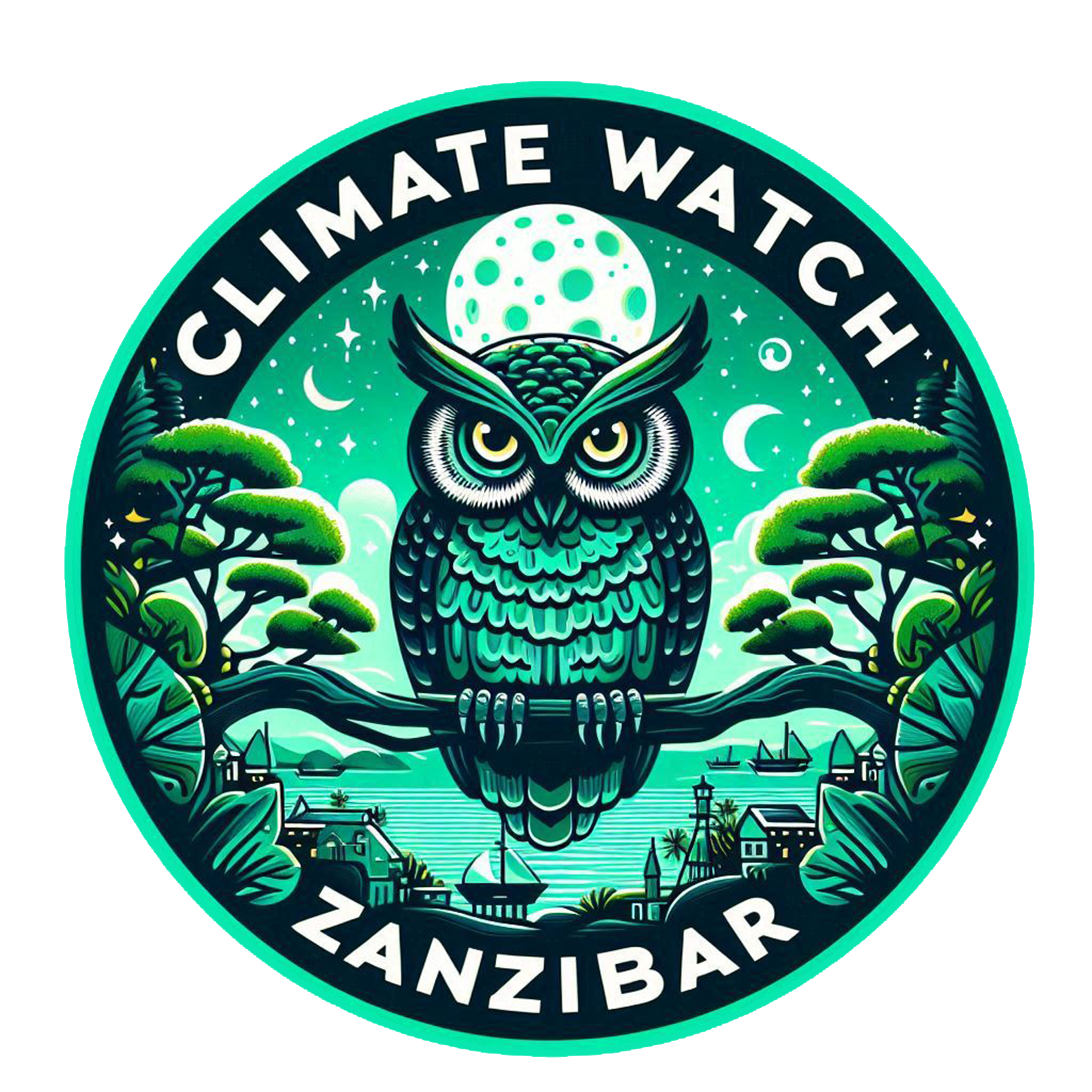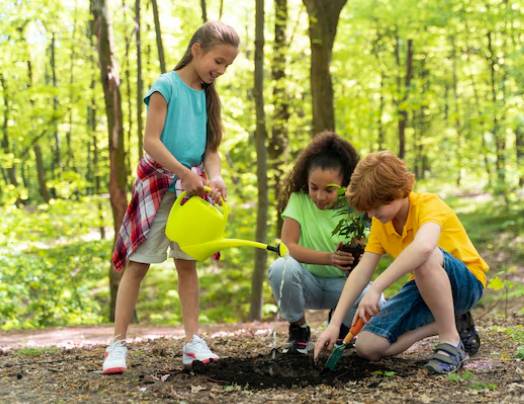
Empowering communities through education, one learner at a time.
Kujifunza kwa Maisha is a community-driven initiative focused on promoting lifelong learning across under-resourced regions in East Africa, starting with Kenya and Tanzania. Rooted in the Swahili philosophy of learning for life, this project aims to bridge the education gap for youth, adults, and seniors by delivering accessible, culturally relevant, and tech-supported learning opportunities.
Our mission is to create learning ecosystems where education never stops—empowering individuals with skills, knowledge, and tools that improve their livelihoods, civic engagement, and personal growth throughout all stages of life.
Objectives:
- Establish Lifelong Learning Hubs in target communities equipped with digital and print resources.
- Offer Multilingual Learning Programs in Swahili, English, and local languages on literacy, financial empowerment, digital skills, and climate resilience.
- Train Community Learning Champions (CLCs) to facilitate grassroots education and mentorship.
- Launch a Mobile Learning App with offline functionality for remote and rural learners.
- Promote Intergenerational Learning through community storytelling, skill-sharing, and cultural preservation.
Key Components:
- Safe, inclusive physical spaces for learning.
- Equipped with books, solar-powered digital tablets, internet access.
- Hosts regular workshops and training sessions.
Community Learning Hubs
- Features micro-courses, interactive quizzes, audio storytelling.
- Designed for low bandwidth and offline use.
Mobile Learning App & Offline Toolkit
Content aligned with community needs (e.g., agribusiness, health education)
- Local volunteers trained as Community Learning Champions.
- CLCs facilitate workshops and mentorship circles.
Training of Trainers (CLCs)
- Elders, youth, and children come together to exchange life skills and stories.
- Revives indigenous knowledge and cultural practices.
Intergenerational Knowledge Exchange
- Real-time data tracking on learner progress.
- Community feedback loops to improve programming.
Monitoring & Evaluation
Target Audience:
- Rural and semi-urban learners (ages 10–70+)
- Women and girls facing educational barriers.
- Youth seeking upskilling for employment or entrepreneurship.
- Elders looking to contribute to their communities as mentors.
Estimated Budget (Year 1 Pilot – 3 Learning Hubs + App Launch)
| Item | Cost (USD) |
|---|---|
| Learning Hub Setup (3 hubs @ $15,000) | $45,000 |
| Digital Devices & Connectivity | $20,000 |
| Mobile App Development & Maintenance | $25,000 |
| Community Learning Champions Training | $15,000 |
| Program Materials & Curriculum Design | $10,000 |
| Monitoring & Evaluation | $7,000 |
| Local Partnerships & Stakeholder Engagement | $5,000 |
| Project Management & Staff | $18,000 |
| Marketing, Outreach & Events | $5,000 |
| Contingency (10%) | $15,000 |
| Total Estimated Budget | $165,000 |
Partners & Stakeholders:
- Local government education departments.
- NGOs focused on digital inclusion and youth empowerment.
- Community elders and leaders.
- Universities and vocational institutions.
- Tech companies (for app development & donations).
Call to Action:
Join us in lighting the spark of learning that lasts a lifetime. Whether through funding, partnership, or volunteering, your support can transform communities from the inside out.
"Kujifunza kwa Maisha"—Lifelong learning begins with YOU.
Expected Outcomes (Year 1):
- 3 Hubs established, serving up to 6,000 learners.
- 15+ trained Learning Champions.
- 500+ app downloads and active users.
- Increased literacy and digital confidence among youth and adults.
- Documented case studies of community impact.





